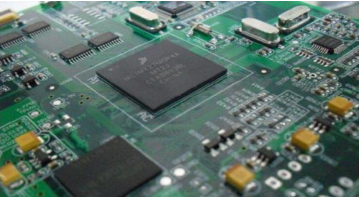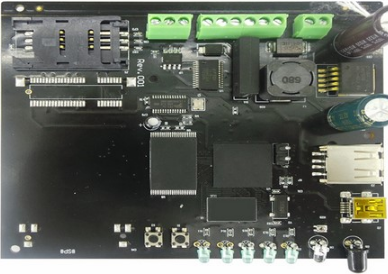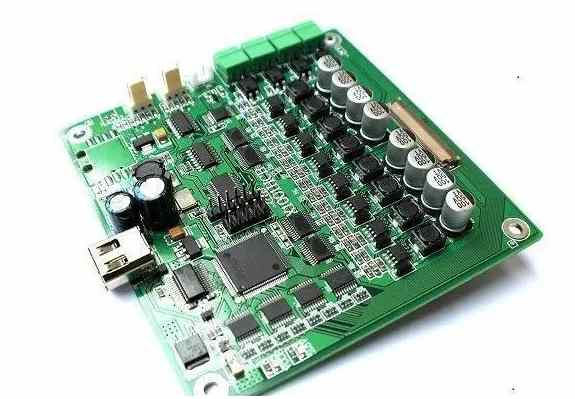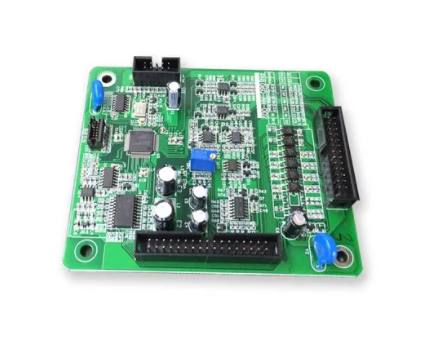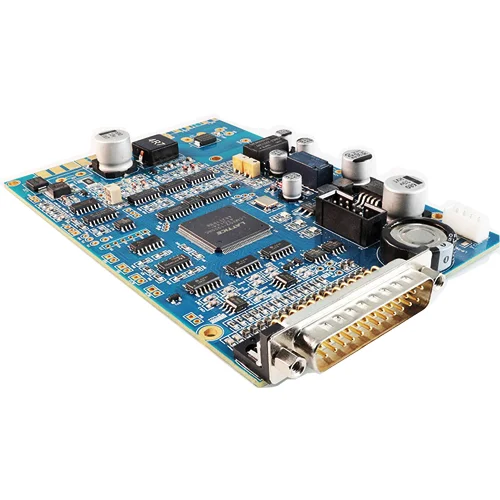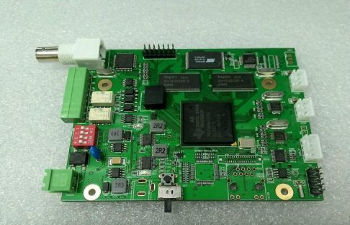
Common Methods of Circuit Board Maintenance
Because most of today's circuit boards do not have official schematic diagrams, and integrated circuits with program processes are used more and more frequently, PCB technical engineers will eventually face challenges at all levels. Based on many practical experiences, there are still ways to cope with such challenges. I will share my feelings over the years with many electronics enthusiasts.
Appearance inspection method

That is to say, according to the old method of looking, asking, smelling and cutting, observe whether there is burnt area of the circuit board, whether there is cracked area of copper coating, whether there is heavy smell on the circuit board, whether there is poor electric welding area, whether there is mildew and black on the socket and red gold finger, etc. Circuit board maintenance can understand the customer's common fault conditions and the whole process of common faults, and can usually focus on some places. According to the above solutions, we can usually find some problems.
2. Take all approach
Check all PCB components and parts to find out if they are not good enough to replace them, so as to achieve the goal of repair. If they encounter components and parts that cannot be inspected by instruments and equipment, they should be replaced with new components, no matter whether they are damaged or not. Finally, ensure that all components on the board are good, so as to achieve the goal of repair. This method is simple and reasonable. It is very easy to get started. The technical strength of technical engineers is not highly regulated. However, the height width ratio must be careful and sense of responsibility in actual operation. Otherwise, some devices are not recorded clearly when they are removed, resulting in reverse installation and reverse installation, which is very likely to lead to unsuccessful maintenance. In addition, the method is helpless against such problems as via blockage, copper coating cracking, and poor adjustment of resistors. This method cannot be used when encountering integrated ic with program flow and data information.
3. Comparison method
The comparison method is one of the most common methods to repair circuit boards without engineering drawings. The practical experience has a good practical effect. According to the situation of the closed boards, the common faults can be found by comparison, and the anomalies can be found by comparing the curves of the connection points of the two boards. It is unknown that in many cases, we do not have a good board for comparison, but this does not mean that we cannot apply this method. For example, we can find circuits with the same characteristics in the circuit board. For example, a board has three identical sockets, and these three sockets have the same circuit, so we can use the three same sockets to check the curve between each other and judge the problem. When we cannot find the above situations, we can still find circuits with mutual characteristics. For example, the system bus in the circuit generally has the same curve. In some cases, we can not judge whether an IC is damaged, and we will also compare the good IC development curve with the scanner curve to determine the purpose. In a word, we must be diligent in thinking and give full play to the comparison method. The curve scanner method is indeed effective in combination with practice, but some novices do not understand its principle, and it has no practical significance to complain about the instruments and equipment. Therefore, I have witnessed many enterprises in the same industry do not need most of the circuit board maintenance detectors, and cried out to be deceived. Natural shopkeepers also exaggerate this role. In fact, in many cases, when scanning the integrated circuit of COMS processing technology, the curve of each scanner is different, leading to the situation that cannot be judged. This is because of the high characteristic impedance of CMOS and the lack of discharge mode after charging the battery of the inter junction capacitor. Therefore, you must have rich and colorful work experience when judging CMOS integrated circuit. The final point to be filled is that the curve scanner method is the nearby components of the scanner. If the scanner is an integrated PCB circuit, it is the components that receive pins inside the scanner's integrated circuit. 90% of the damage to the integrated circuit is caused by the destruction of nearby components. However, in case of the destruction of non nearby components, there is no problem when the scanner curves, but there will be problems when working.
Circuit board maintenance
4. Situational approach
The situation method is to check all the normal working conditions of each component. If the working conditions of a component are not consistent with all the normal conditions, the component or its affected components are not good. For example, when checking the CPU, we will check whether the active crystal oscillator works normally and whether the calibration data signal works normally. Whether the output logic of the NAND gate is appropriate or not is used to judge whether all devices are normal. When this method is applied, data signals are often forced to be keyed in to encourage data signals. For example, a frequency meter is used to send a data signal to the input end of the operational amplifier, and a digital oscilloscope is used to measure the strength of its output data signal and the loss of frames to judge the operational amplifier's difficulties. Force the input level of the logic gate circuit to increase or decrease, and test whether the output level conforms to the logic of the IC, so as to judge the advantages and disadvantages of the IC.
Situational method is a method of accurate judgment in all maintenance methods, and its practical operation difficulty coefficient is beyond the grasp of ordinary technical engineers. It must have rich and colorful basic knowledge and social experience. To consider the provisions of the situation, technical engineers must spare no effort to do everything. This method is better than curve scanner method in circuit detection, and can find problems in both nearby circuits of IC and non nearby circuits.
5. Substitution
Replace all ICs with new ones until they are repaired. Today's ICs are more and more cost-effective. The integrated ICs of 74 series products and 4000 series products are less than one yuan/piece. It is more difficult to find out each piece of them than to replace all of them. I feel that this kind of method is a helpless move, and its defects are self-evident. Its actual effect should be less than that of the take all method. At least, the take all method needs to judge the devices. Over a long period of time, I will continue to have some work experience on some circuit boards, and the repair rate of this method completely depends on luck rather than diligence. Even if it is indeed repaired, I do not know where the common faults are. However, this method still has its unique features. If a certain circuit board or electronic product can be used to verify whether everything is normal, we can remove and replace the IC piece by piece. When it is transferred to a certain piece, the common fault will disappear, which can be confirmed that the piece just replaced is broken. If it is an IC in line package, it is recommended to install an IC seat immediately after removal. After all, it is only a few hairs. Another fatal problem with this kind of method is to make sure that the IC you bought is good. If you accidentally encounter a bad IC when purchasing, it will not only not be repaired well, but it will expand common faults and increase the difficulty factor of maintenance.
6. Grounding circuit method
The circuit building method refers to the method of making a circuit by hands. The circuit can work after installing the lost IC, and then the quality of the tested IC can be verified. For example, in order to judge the advantages and disadvantages of a 555 IC, we can build a time base oscillator circuit made of 555 circuits, and then place the tested IC in the circuit. If the circuit works normally, it is confirmed that 555 is OK, On the contrary, there are common faults.
This method can achieve 100% accuracy in judgment. Only with a variety of models and specifications to be tested and complicated packaging, it is impossible to build a set of circuits for all integrated circuits.
7. Basic principle analysis method
This method is to analyze the principle of a board. For technical engineers, some boards, such as power transformers, can understand their principles and key points without engineering drawings. For PCB engineers, it is easy to understand the circuit schematic diagram of items that have abnormal maintenance. However, for some relatively complicated and rare machinery and equipment, there is no existing circuit schematic diagram reference that can be manually reverse engineered to draw a circuit schematic diagram. If you have the circuit schematic diagram and then repair it, you can say that it is invincible.


